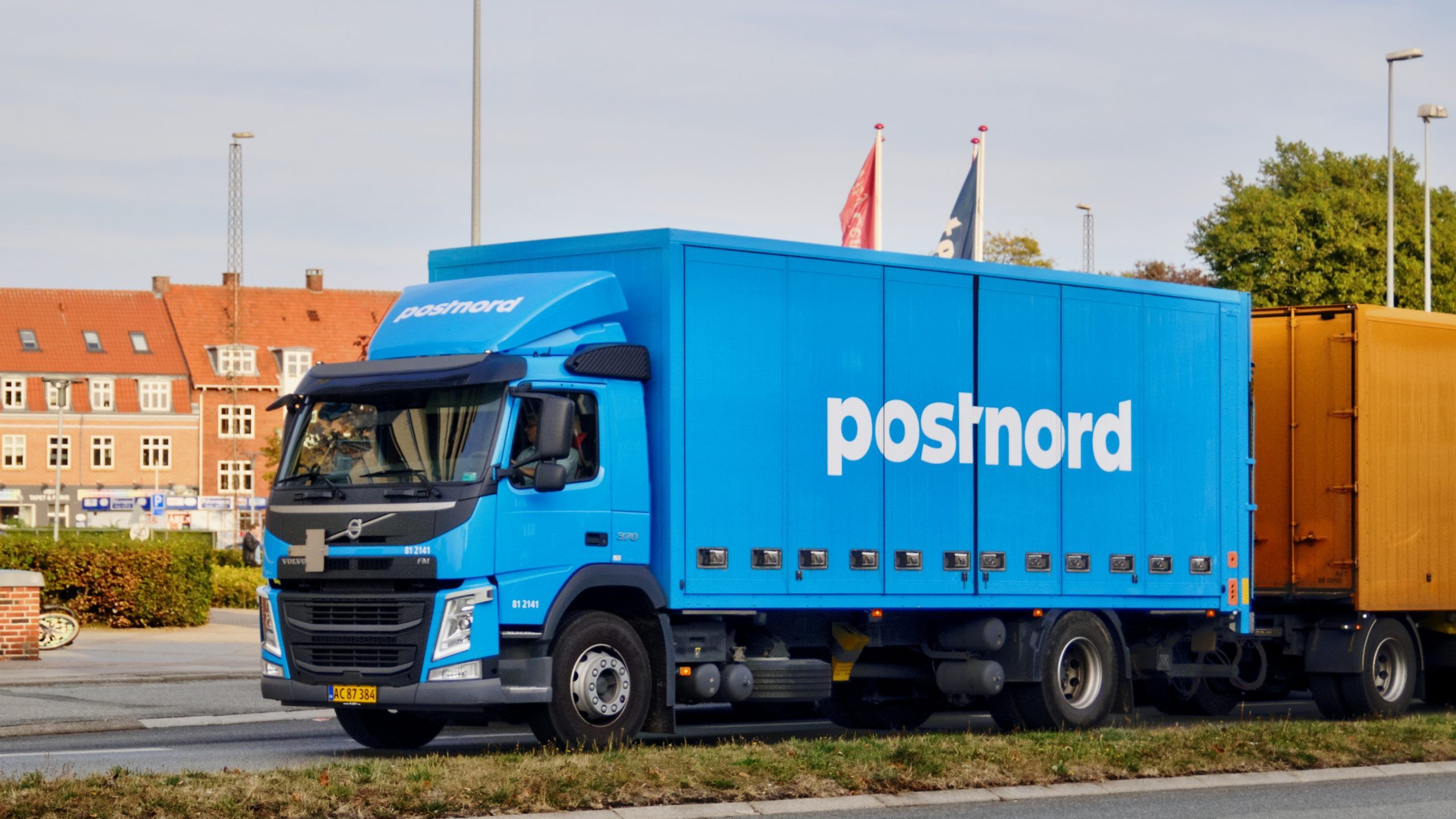Buying goods from a Chinese website has been cheap for many years, but this will change from 1 July onwards.
The EU has decided that VAT must be paid on all goods purchased in countries outside the EU: a 25 percent VAT addition.
And there will also be a delivery fee on top of the price – which will typically be between 150 and 250 kroner.
Time for change
Even though this is not good news for customers, it will benefit Postnord because when products are sent from China, the postage costs don’t cover the Danish carrier’s end.
Despite international consensus that Chinese people and companies pay far too little for their postage because an archaic worldwide agreement still treats China as a developing country, nothing will be done in the immediate future about it.
But with Chinese goods piling up at warehouses, something urgent needed to be done, as the Danes have been buying products from Chinese websites like there’s no tomorrow.
In 2020, a unanimous Parliament voted in favor of these changes. The rules were originally supposed to come into force on 1 January 2021, but due to COVID-19 this was postponed until 1 July 2021.
Read carefully
Before you order something online, make sure you check and read the delivery terms carefully.
Even if the online store has an address in a country within the EU, your package could be sent from a warehouse in a country outside the EU – which requires you to pay the new extra costs on top.
Also, if you buy goods in an online store outside the EU before 1 July 2021, you must pay VAT and the delivery fee if the goods arrive in Denmark after 1 July 2021.















